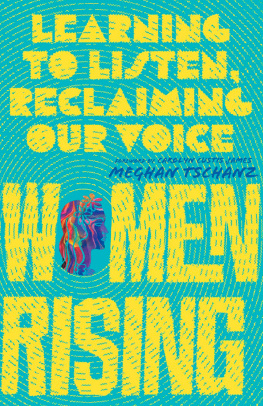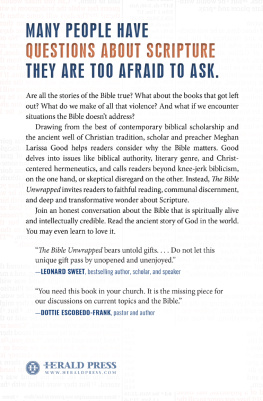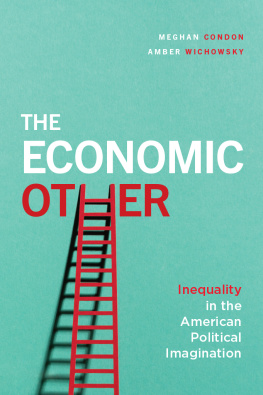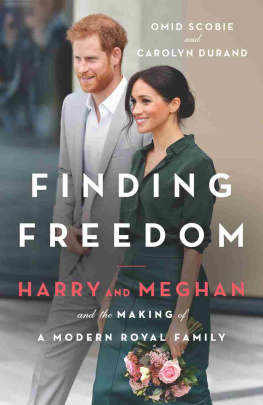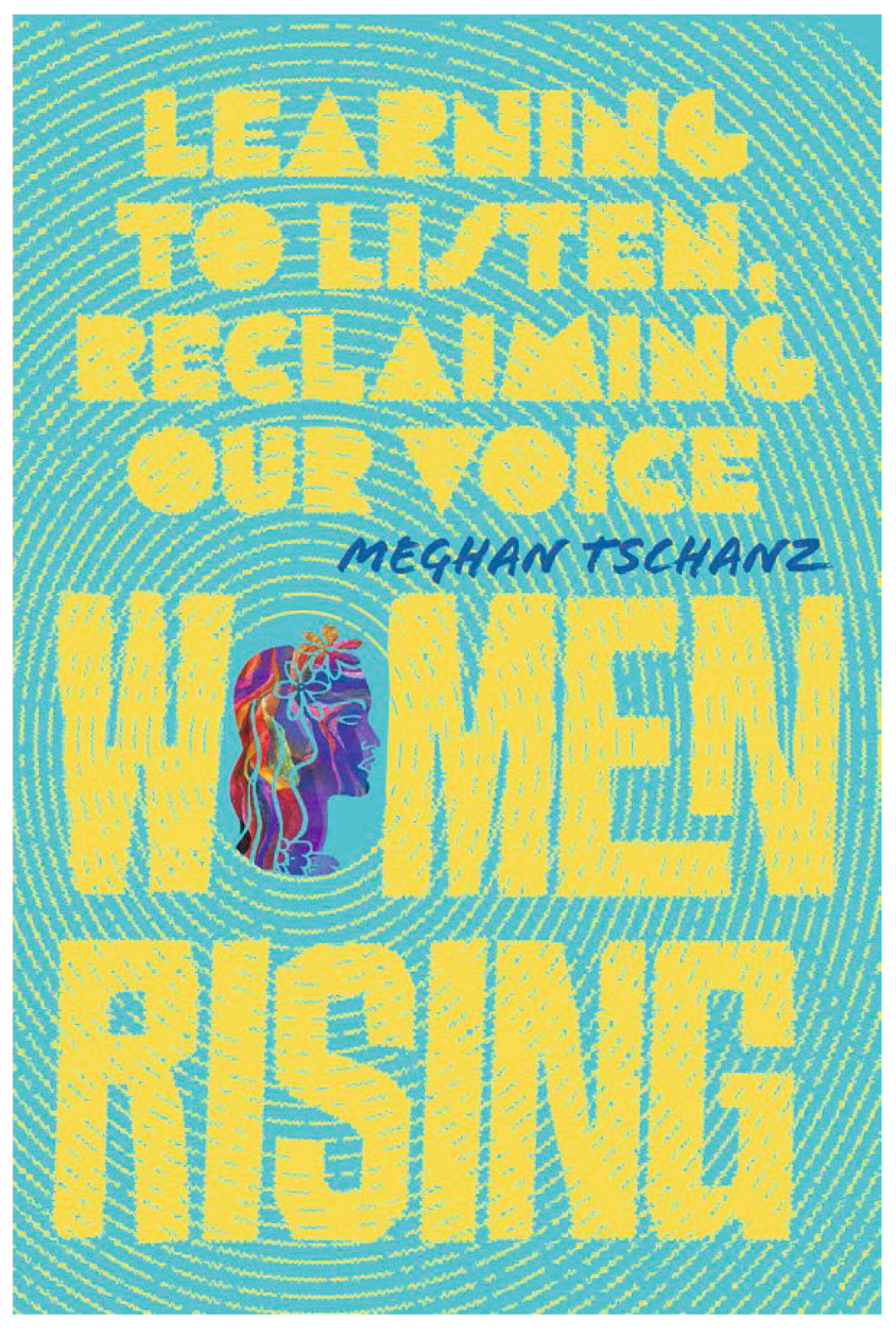Sommaire
Pagination de l'dition papier
Guide
InterVarsity Press
P.O. Box 1400, Downers Grove, IL 60515-1426
ivpress.com
2021 by Meghan Christian Tschanz
All rights reserved. No part of this book may be reproduced in any form without written permission from InterVarsity Press.
InterVarsity Press is the book-publishing division of InterVarsity Christian Fellowship/USA, a movement of students and faculty active on campus at hundreds of universities, colleges, and schools of nursing in the United States of America, and a member movement of the International Fellowship of Evangelical Students. For information about local and regional activities, visit intervarsity.org.
All Scripture quotations, unless otherwise indicated, are taken from The Holy Bible, New International Version, NIV. Copyright 1973, 1978, 1984, 2011 by Biblica, Inc. Used by permission of Zondervan. All rights reserved worldwide. www.zondervan.com. The NIV and New International Version are trademarks registered in the United States Patent and Trademark Office by Biblica, Inc.
While any stories in this book are true, some names and identifying information may have been changed to protect the privacy of individuals.
Published in association with the literary agent Don Gates of The Gates Group,
www.the-gates-group.com.
The publisher cannot verify the accuracy or functionality of website URLs used in this book beyond the date of publication.
Cover design and image composite: David Fassett
Images: collage of watercolor background: marthadavies / E+ / Getty Images
womans silhouette: CSA Images / Getty Images
ISBN 978-0-8308-4779-2 (digital)
ISBN 978-0-8308-4778-5 (print)
This digital document has been produced by Nord Compo.
For all the girls and women
who are kept silent
may your voice rise.
S houldnt we be raising our daughters to be more compliant?
The questioner, a church elder in a conservative evangelical church, was also the father of three intelligent, high-achieving, and self-assured young daughters. He had just heard a church seminar on the pillars of biblical marriagemale headship/leadership and joyful female submissionand was wondering if he and, by inference, others in the church needed to work harder to inculcate submissiveness and compliance in their daughters as they parented them. It seemed to him that a more intentional stress on these assumed biblical qualities was needed to prepare girls to be more appealing marriage prospects and ultimately better wives.
Seated in the same sacred space as that church elder was another family with a dramatically different perspective on the matter. They were parents of a young college student whose life was derailed when a fellow student at a leading Christian college date-raped her. Submission and compliance were no longer acceptable guiding principles for female piety for them.
Obviously, the church elder was asking the wrong question.
The sad fact is that one in four girls in the United States is sexually abused by the age of eighteen. That, along with the recent #MeToo and #ChurchToo movements, should have us urgently reexamining our theology of male and female. As long as submission and silence remain the churchs operative words for women and girls, we are putting them at enormous risk, and Christians are part of the problem.
The book you hold in your hands is the memoir of a young woman who grew up in a similar evangelical context. Her church schooled her to prize female submission, silence, and deference to male leadership in the church and home as essential qualities for godly women and the key to a happy marriage. She absorbed the purity culture warnings that strike fear in the hearts of young girls of becoming damaged goods no man would want and that utterly shatter the one in four girls for whom (and through no fault of their own) that message arrives too late.
Thats where Meghan Tschanzs journey begins. Her launch into adulthood created a disturbing dissonance between church teaching shed embraced and her passion for adventure, inquisitiveness to learn, and unrelenting sense of calling to serve God. She struggled with the strength and decisiveness required for choices she, as a single woman, was compelled to make. She couldnt reconcile church teaching shed imbibed with biblical narratives of strong, courageous women like Deborah, Esther, and the Marys of Nazareth, Bethany, and Magdala. Despite reassurances from church leaders, she couldnt escape thinking such teaching conveyed a negative value statement about women and girls vis--vis men and boys and promoted a deferential mindset that created an inherent and potentially dangerous vulnerability.
That conviction would deepen and intensify through her encounters with the women and girls she was about to meet.
An eleven-month global mission trip took Meghan and her struggle beyond American shores into multiple countries with an eye-opening ministry that centered on abused and trafficked women and girls.
Ironically, the women and girls Meghan set out to help became her teachers. As she sought to rescue women and girls from trafficking and abuse and to see them flourish in Gods love, in the end they rescued her. They opened her eyes to embrace Gods greater vision for all his daughters and freed her to unreservedly embrace Gods calling on her own life.
One of the hard facts confronting us in the twenty-first century is the global pandemic of sexual violence and human rights violations against women and girls. It is a tragic reality that is as old as the fall of humanity. Thankfully, we now have access to a growing number of well-researched, well-written books revealing the gravity of this crisis. They have helped fuel an awakening and an activism that have been profoundly heartening to see.
Although Meghans book belongs to that effort, she expands the discussion in significant ways. On the one hand, she provides a wide-angle perspective on the world of twenty-first-century women and girlsthose suffering human right violations as well as women who enjoy enormous privilege. On the other hand, and without ever losing sight of the big picture or narrowing the focus of her book to a single issue, she zooms in on wrenching stories of young girls trafficked for sex, enduring domestic violence and rape, subjected to female genital mutilation, and denied educational opportunities. Meghans perspective is remarkable in that she doesnt distinguish those women from herself or from other women in the Western evangelical church. She masterfully weaves in her own often-costly journey as a young girl growing up in the evangelical purity culture amid the pervasive teaching about female submission to male leadership, which diminished her sense of self and created an alarming vulnerability.
When confronted by horrific violence against women, a crisis of conscience compelled her to ask deeper questions.
One of the many strengths of this book and what makes it so important and distinct is that Meghan doesnt just present the issues. She drills deeper to explore how the churchs gender theology is part of the problem and needs to be reexamined against this wide-angle global perspective.

